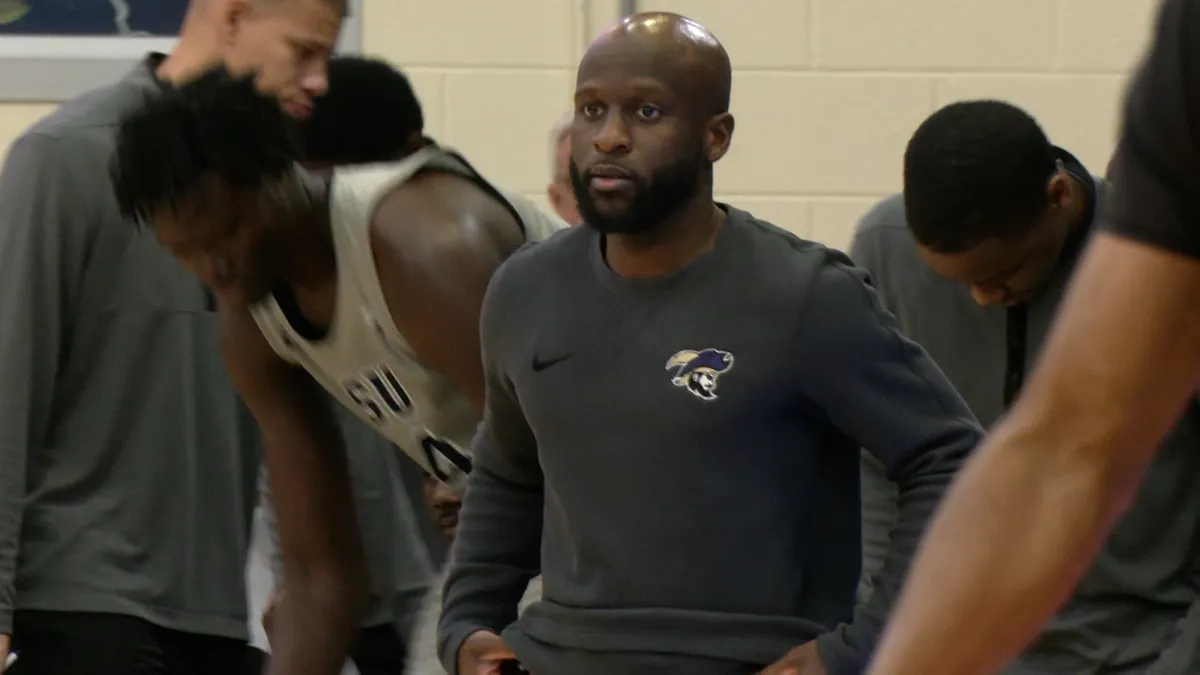
A Columbia family is heartbroken following the tragic loss of their young son, who succumbed to a rare brain-eating amoeba after swimming in a popular lake. Jaysen Carr, a 12-year-old student at Hand Middle School, passed away on July 18 after developing an infection linked to Naegleria fowleri in Lake Murray, as confirmed by a statement from the family’s attorney.
“Jaysen’s family is grieving this unthinkable loss, but they are also grateful for the outpouring of love and support they have received from the community,” stated attorney Tyler Bailey of the Bailey Law Firm. The legal firm has been engaged by the Carr family to conduct an independent investigation into their son’s untimely death. “The family has many questions about how and why Jaysen died and wants to do everything in their power to ensure this doesn’t happen to another family,” the statement continued.
In their time of sorrow, the Carr family expressed gratitude towards the medical professionals at Prisma Health Children’s Hospital-Midlands for their compassionate care. They have requested privacy as they prepare to lay their beloved son to rest.
The South Carolina Department of Public Health (DPH) became aware of a case of Naegleria fowleri in early July, marking the first instance in the state since 2016. It is important to note that cases of this infection are not mandated to be reported to the agency. Naegleria fowleri is a microscopic organism that naturally occurs in soil and warm freshwater sources, including lakes, rivers, ponds, and hot springs, as outlined by the Centers for Disease Control and Prevention (CDC).
While rare, this amoeba can also be found in poorly maintained swimming pools, splash pads, and even tap water. Infection typically occurs when water containing the amoeba enters through a person’s nose during swimming activities. The amoeba can lead to a severe brain infection known as primary amebic meningoencephalitis (PAM), which is almost always fatal.
According to the CDC, infections have also been reported in a few cases where individuals used tap water to rinse their sinuses or cleanse nasal passages. For instance, a Texas woman tragically died from a Naegleria fowleri infection earlier this summer. It is crucial to understand that this infection cannot be contracted by swallowing contaminated water and cannot be transmitted from person to person.
Although PAM is rare, affecting fewer than ten individuals annually in the U.S., it carries a very high mortality rate. The CDC reported that out of the 167 cases documented between 1962 and 2024, only four patients have survived. Early symptoms of Naegleria fowleri infection generally appear about five days after exposure but can emerge anywhere from one to twelve days post-exposure. These symptoms include headache, fever, nausea, and vomiting. As the infection advances, more severe symptoms may occur, such as stiff neck, confusion, loss of attention, balance issues, and hallucinations.
Despite the distressing circumstances surrounding this case, South Carolina officials have assured the public that there is no increased risk associated with Naegleria fowleri and that the chances of contracting this infection remain low. To further mitigate the risk, health experts advise limiting the amount of water that forcefully enters the nose, recommending that individuals hold their noses or wear a nose clip when diving or jumping into fresh water.